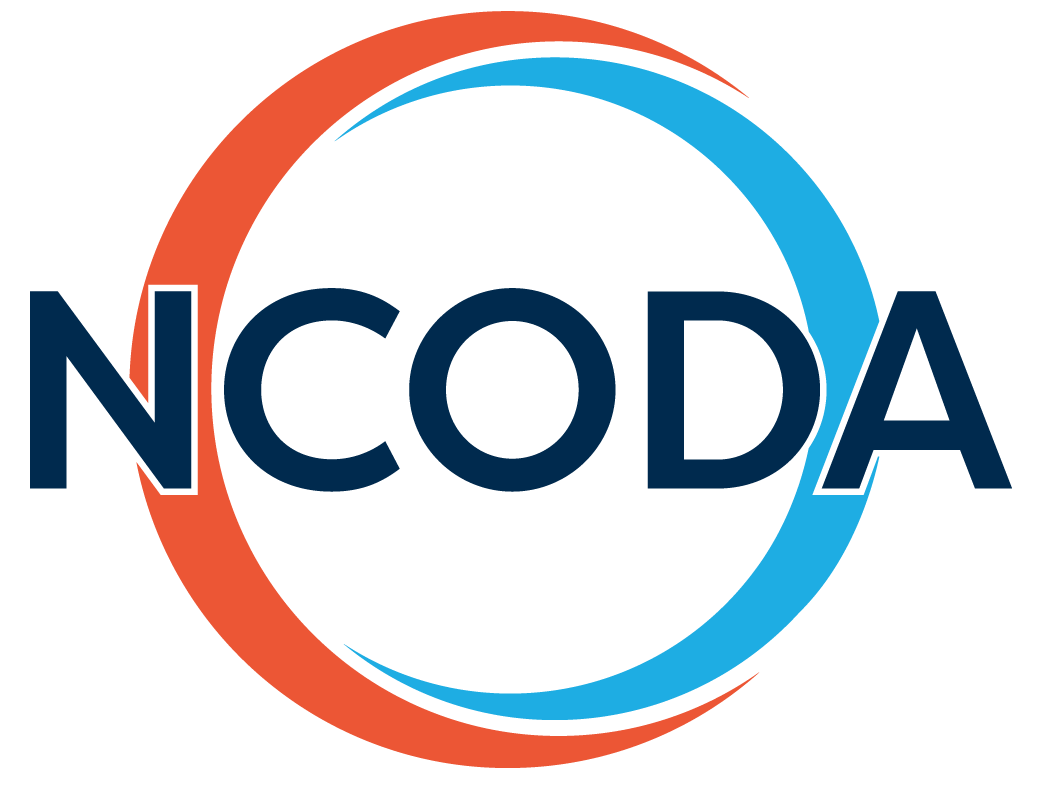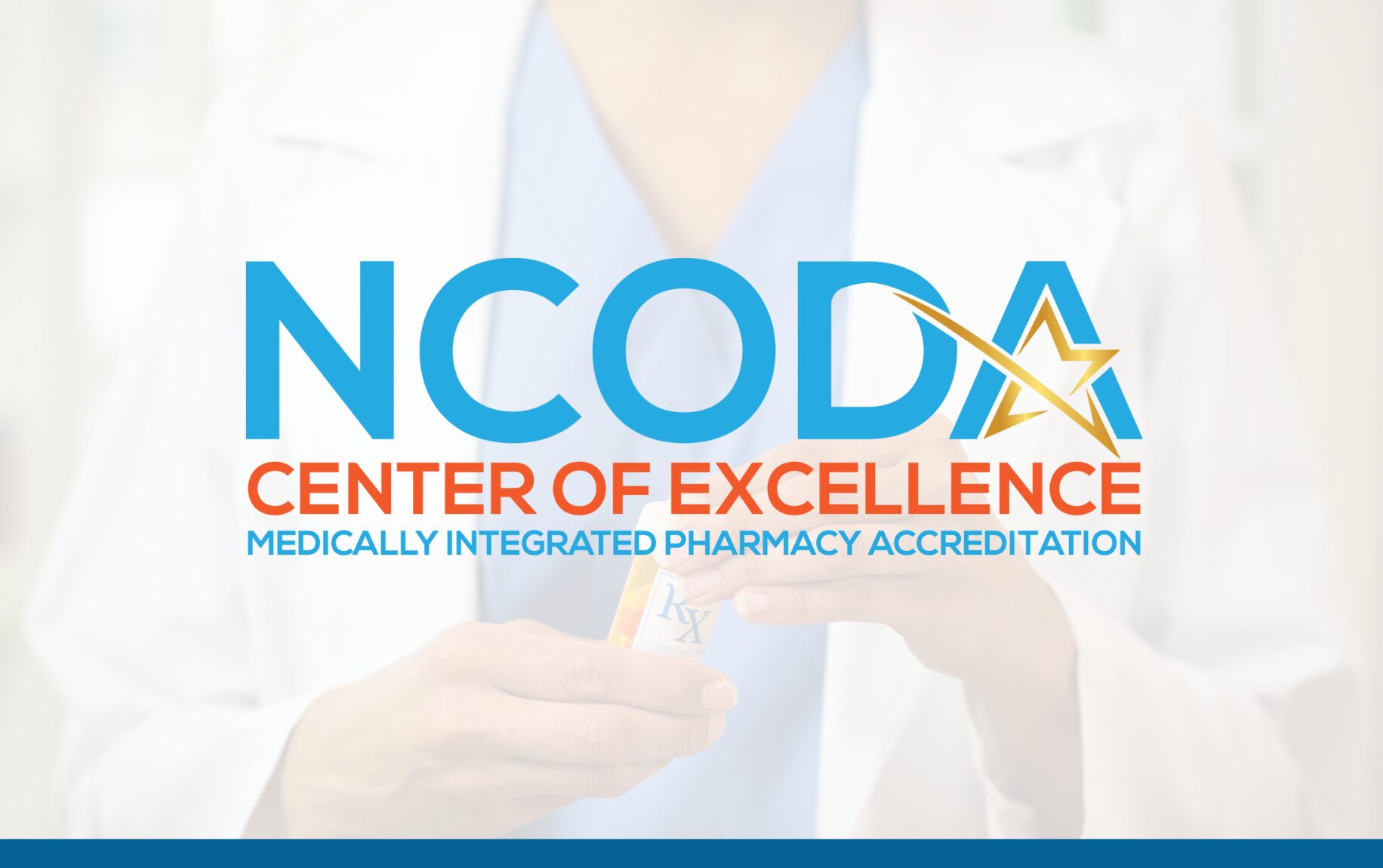Author: Sharita Howe, PharmD | Director of Partner Development & Strategy, NCODA
For oncology practices, accreditation can be both a strategic advantage and a potential challenge. On one hand, it provides a framework to ensure that practices deliver top-tier, high-quality care, which is critical in a landscape where patient outcomes and satisfaction are closely monitored. For businesses in the oncology sector, this can translate into better contracting opportunities with payers, positioning practices as trusted providers and leaders in patient care.
Accreditation also establishes a structured approach to workflow management and compliance, setting up practices to maintain consistency and adherence to best practices. This can enhance the practice’s reputation and instill confidence in patients, caregivers, and partners. For payers, a well-accredited practice may signal reduced risks and improved patient outcomes, leading to more favorable contract terms.
However, for smaller or resource-limited practices, accreditation is often a costly and time-intensive process. For example, many of the standards in traditional programs are burdensome (documentation of call logs or 24-7 pharmacist on call) or already a part of medically integrated care but require intense documentation. Achieving and maintaining accreditation can require practices to implement comprehensive quality improvement programs, maintain extensive documentation, and invest heavily in both technology and staff training. The administrative burden can divert crucial resources away from patient care—an area where oncology practices already face substantial financial pressures.
Additionally, the ongoing requirements for compliance—such as regular audits and site visits—mean that practices must continuously allocate staff time and money to uphold accreditation standards. This creates an ongoing operational cost, and for smaller businesses, this may impact their ability to reinvest in cutting-edge treatments or expand their service offerings.
One of the more significant financial risks comes from the potential loss of patients or referral sources if a practice loses accreditation. In an increasingly competitive healthcare landscape, practices that fail to maintain accreditation may find themselves overlooked by payers and providers, further straining revenue and growth potential.
To address these challenges, NCODA has developed the Center of Excellence Accreditation program, specifically designed for Medically Integrated Pharmacies (MIPs). This program is geared toward alleviating many of the traditional burdens associated with accreditation, providing patient-centered standards, reducing administrative complexity, and offering a more cost-effective approach to meeting compliance requirements. Doing so allows practices to focus more on patient care while still maintaining accreditation status.
Whether you’re a partner looking to support sustainable, patient-centered oncology care or a practice exploring accreditation, NCODA’s Center of Excellence Accreditation program offers a path forward. For partners, aligning with accredited practices reinforces your commitment to high-quality care and strengthens strategic collaborations. For practices, it’s an opportunity to meet meaningful standards without the traditional administrative burden. Connect with us to learn how you can support or participate in this evolving model of excellence in oncology.
For inquires and additional information, reach out to NCODA Senior Manager of Accreditation and Member Engagement, Kara Sammons.







